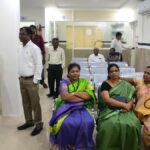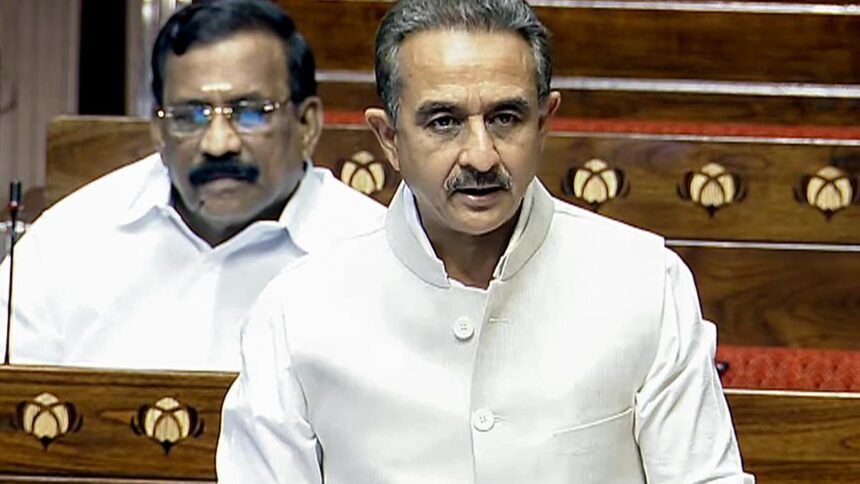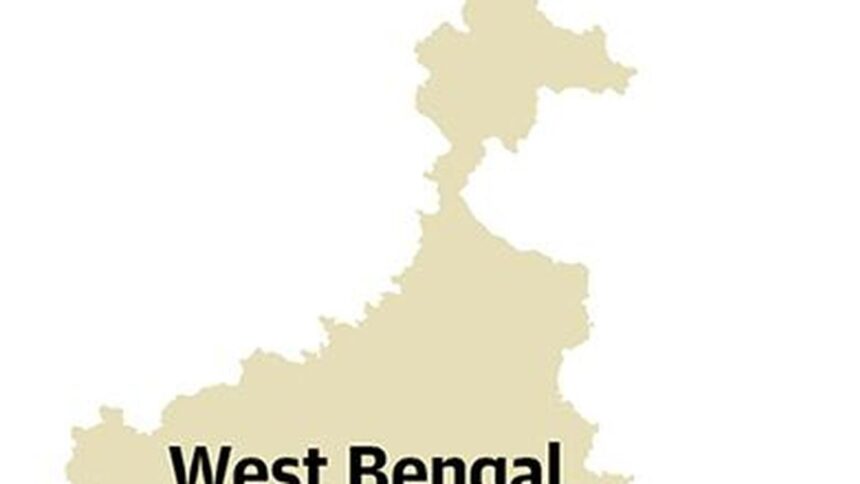As the Central Board of Secondary Education (CBSE) announced open-book examinations for students of class 9 under the National Education Policy (NEP) 2020, CBSE schools in Bengaluru welcomed the move while also throwing light on the need to train teachers for effective implementation
The board, following the results of a pilot study, decided to integrate open book exams into the internal assessment conducted for students of class 9 from the academic year 2026-27. While the board has said that the implementation of such exams is not mandatory, schools in Bengaluru have expressed their willingness, considering the long-term benefits of the method.
“It is a good skill set for students to develop because many examinations in higher education now are administered in this method. Like with any new format, they will need a little bit of training here too, as they must sift through the resources and find the answers. Even when it was previously introduced over a decade ago, it proved to be good for students,” said Malathy. R. Narayan, principal, National Public School, Rajajinagar.
However, principals from multiple schools acknowledged that the need of the hour is to train teachers, as the questioning format, assessment and evaluation style need to be changed.
“Open book exam is a novel and credible concept, and contrary to popular belief, it is not easy as it requires comprehension, reading and analytical skills from students. On the other hand, the onus is also on the teachers to make students understand the new method, and that is why teacher training is very important. The board might not necessarily provide resource material, which should be provided to students during the exams, and the teachers should come up with it. Thus, the board must enable teachers,” said Anita Brijesh, principal, Delhi Public School, South.
Both the principals also mentioned that the questions should now be more in the form of open-ended and application-based questions.
“If there is a question about reasoning, previously the question would try to assess the answer based on what was taught in classrooms using keywords and such. But with open book exams, it is more about perception and understanding. The answer will be linked to something the students have learned, and they must apply and write it, and it should be assessed the same way,” Ms. Brijesh explained.
To ensure smoother transition into the new format, some schools are thinking of introducing open book assessments from class 7 or 8 itself on a smaller scale. While urban teachers might have better access to resources to prepare for the new format, educators pointed out that the real lacuna lies in rural areas where the resources are not as accessible.
Parents, meanwhile, have mixed reactions to the new format. While some are appreciative of the fact that their children will get to move away from rote learning into more application-based learning, others worry that the sudden change might affect performance.
“I have always been against rote learning, and I had heard that in other countries, open book exams are the norm. My daughter is in class 8 and has been writing exams in the same format for all these years. I am slightly worried that the new format might cause her some stress, but if the school is ready to provide extra training and make the process easy, then I am all for open book exams,” said P. Satyanarayan, a parent.
Students, on the other hand, feel like this might be a better way of scoring in examinations when compared to the memorisation method.
“I often feel like while I have understood the subject, I cannot reproduce the same in exams, as I sometimes forget points. But with this method, I can go through the material, apply it and show exactly what I have learnt. It might require a little practice to see how to allocate time and write, but I am sure it will be more effective to give exams this way,” said a student.
Published – August 14, 2025 03:28 pm IST




















